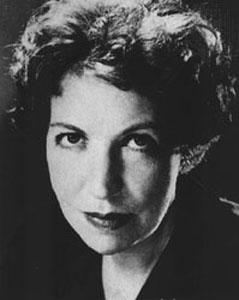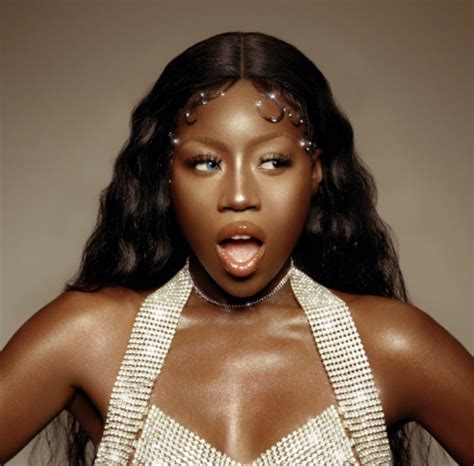A Quote by Dietrich Bonhoeffer
It seems to me more important actually to share someones distress than to use smooth words about it.
Related Quotes
I have a really good idea of who my readers are and always write with a sensitivity to my audience. I use the F word when necessary, but there are words I won't use, mainly because I don't like them. I don't write about body parts when I write about sex. It's not about the physiological, it's more important for teens to read about the emotional aspects. I do think there are times when self-censorship is important.
You're able to use a search engine, like Google or Bing or whatever. But those engines don't understand anything about pages that they give you; they essentially index the pages based on the words that you're searching, and then they intersect that with the words in your query, and they use some tricks to figure out which pages are more important than others. But they don't understand anything.
I have this theory that the more important and intimate the emotion, the fewer words are required to express it. For instance in dating: 'Will you go out with me?' Six words. 'I really care for you.' Five words. 'You matter to me' Four words. 'I love you.' Three words. 'Marry me.' Two words. Well, what's left? What's the one most important and intimate word you can ever say to somebody?
'Goodbye...'
What is the good of words if they aren't important enough to quarrel over? Why do we choose one word more than another if there isn't any difference between them? If you called a woman a chimpanzee instead of an angel, wouldn't there be a quarrel about a word? If you're not going to argue about words, what are you going to argue about? Are you going to convey your meaning to me by moving your ears? The Church and the heresies always used to fight about words, because they are the only thing worth fighting about.
The longer I live the more I realize the impact of attitude on life. Attitude, to me, is more important than facts. It is more important than the past, than education, than money, than circumstances, than failures, than successes, than what other people think or say or do. It is more important than appearance, giftedness or skill. It will make or break a company . . . a church . . . a home.
Because I think of novels as collaborative enterprises between the writer and the reader, all of my novels so far have ending with endings that maybe point in more than one direction, and that seems important to me because it seems important to me that after you've invested twenty or thirty hours of your imaginative life into this narrative that you have some stake in how it ends.
Actually I'm more culturally Muslim than religiously but being Muslim is an important part of my identity. As Muslim, I feel it's important to counter any form of bigotry, be it anti-Semitism, homophobia, racism, etc. These forms of hate share a common denominator of misinformation and intentional fear mongering.







































